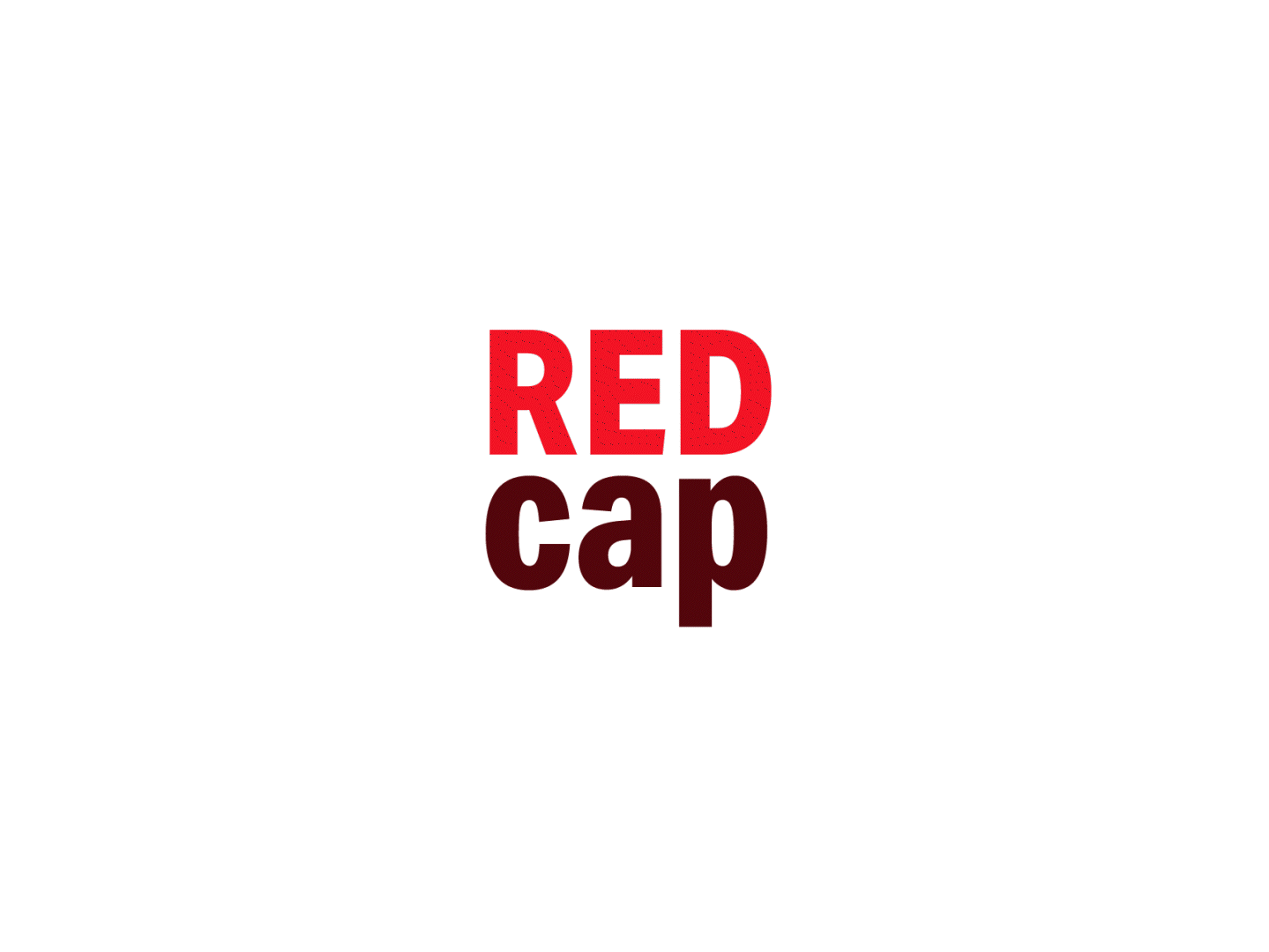This project required us to do extensive research to identify and understand a niche and solvable problem to do with the ocean. Within this research I identified the issue of using wild caught fish to create feed for farmed fish (FMFO). Farmed fish like salmon and prawns are carnivorous and therefore reliant on FMFO, unfortunately there are also the most popular supermarket choice. Due to this, fish farming is placing an incredible burden on wild fish populations and eco systems. With a change in the way we feed our farmed fish, this could pose a solution to the pressing overfishing issue.

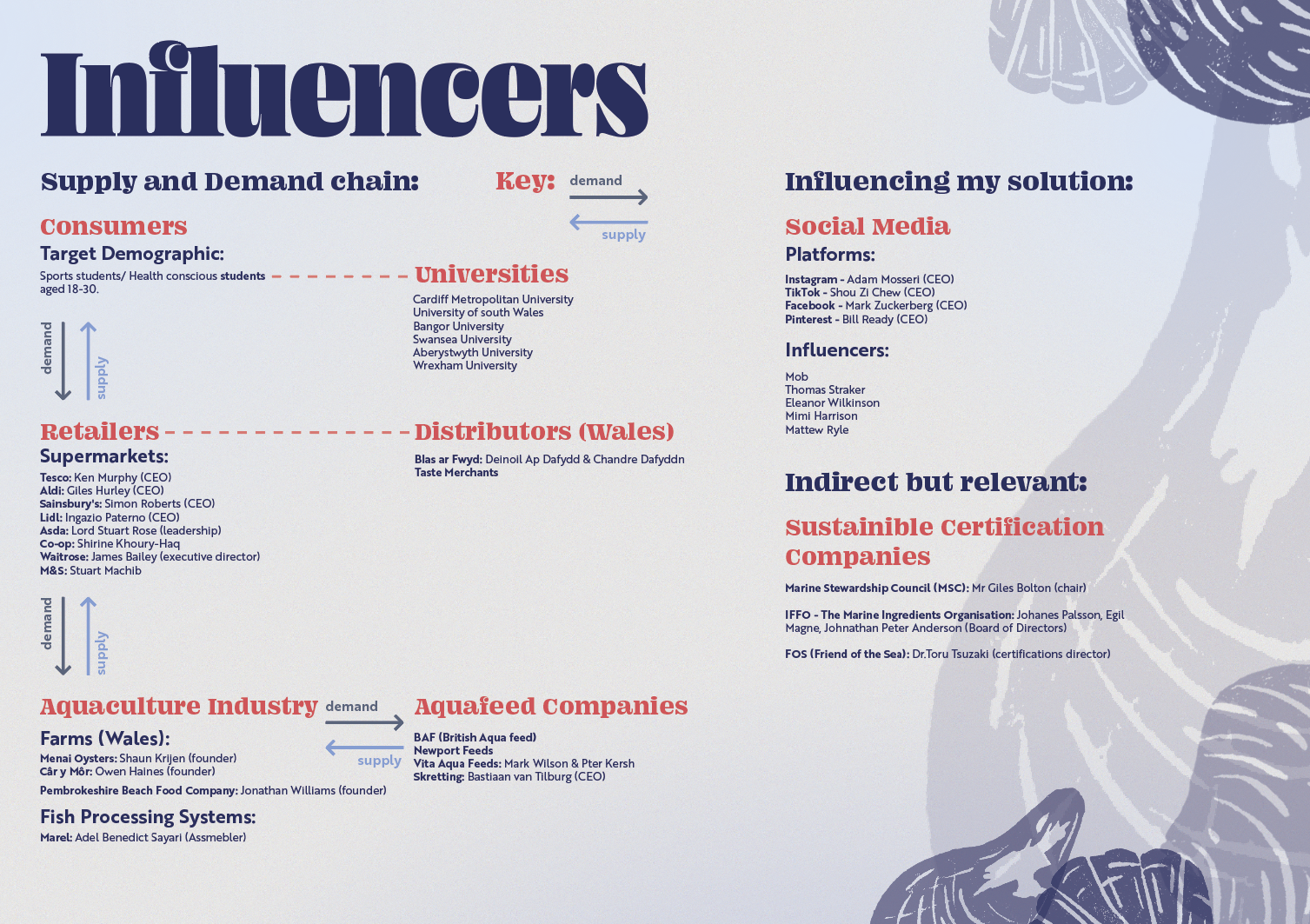
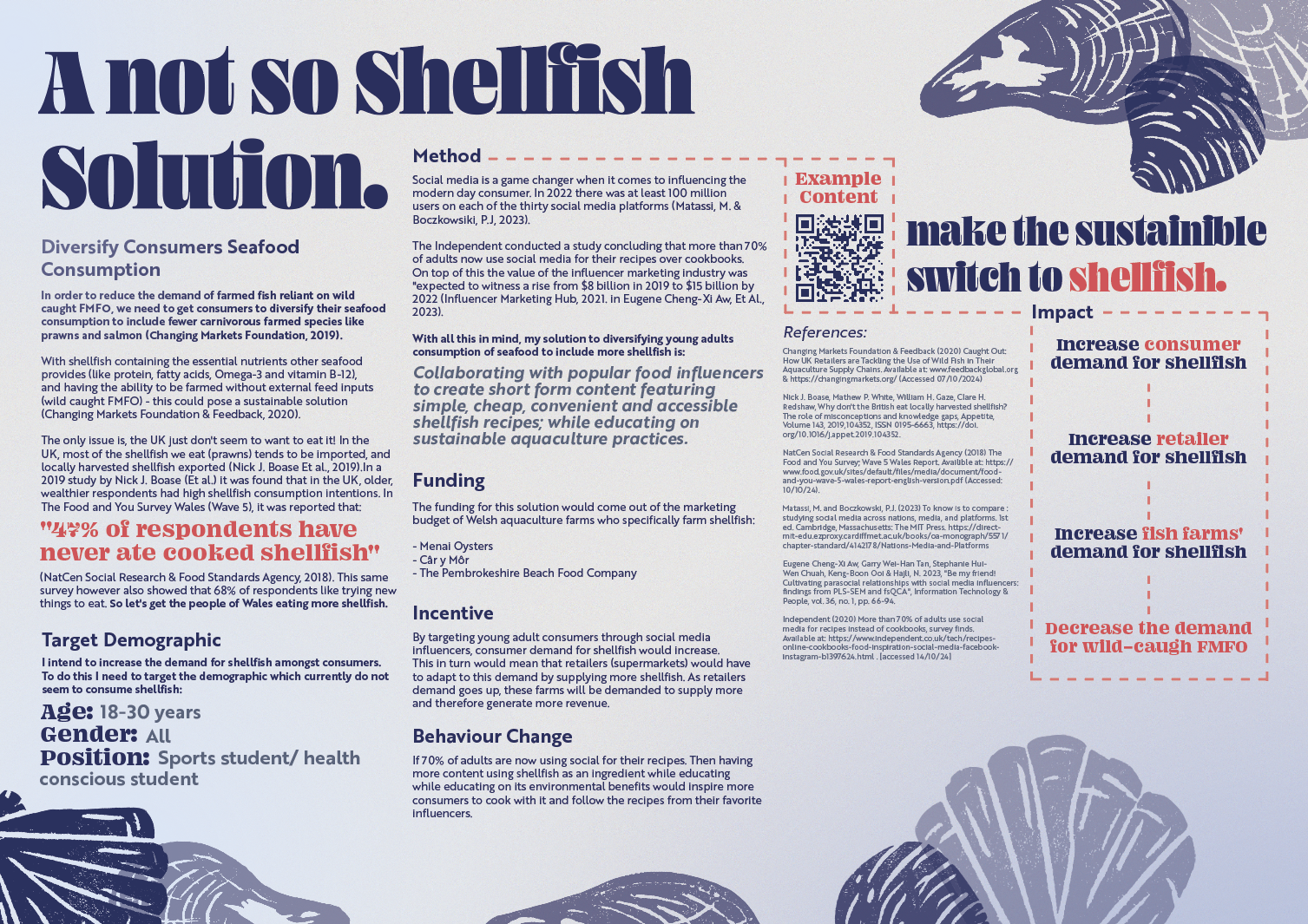
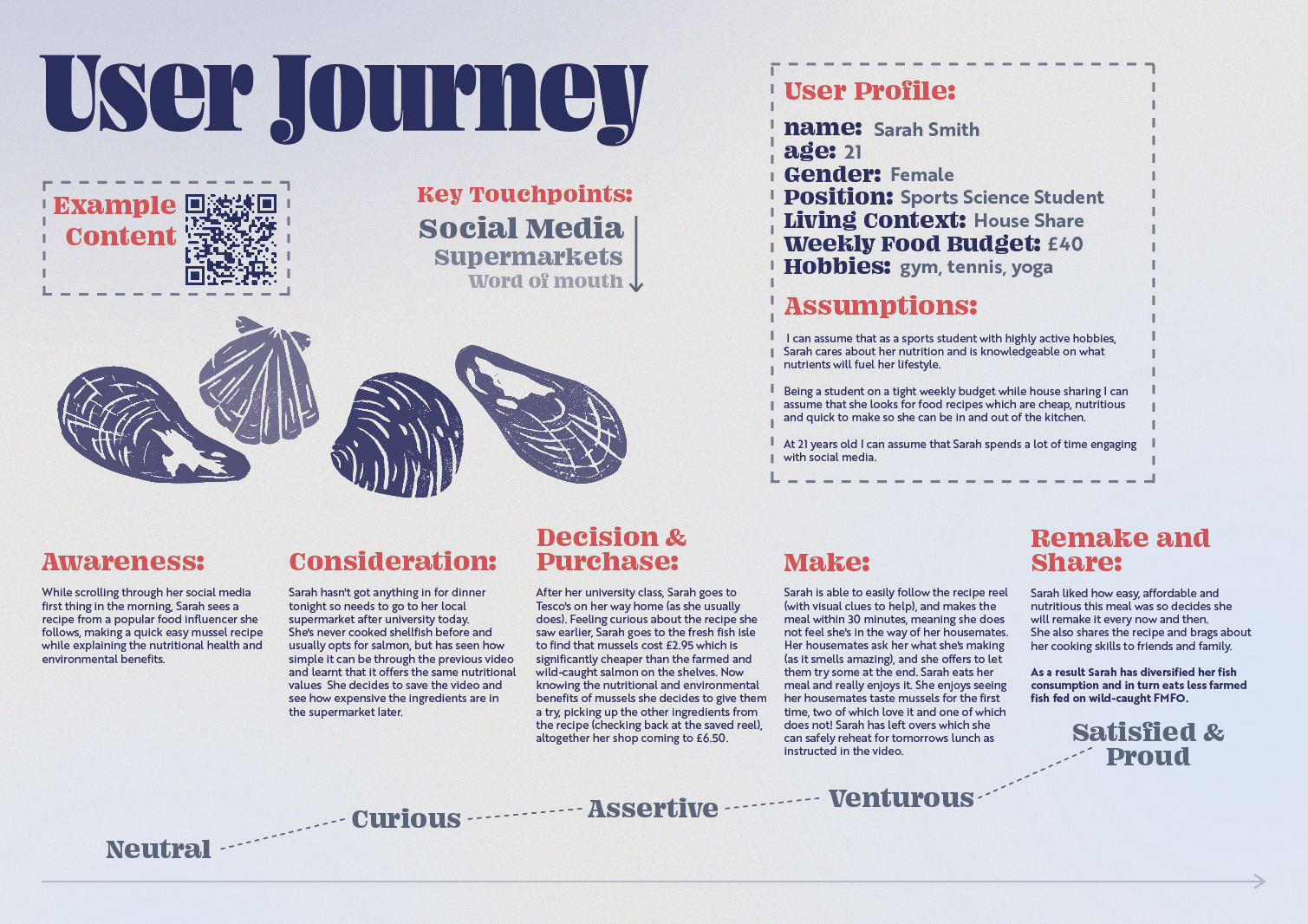
The first part of the project required us to create a solution which enacts behaviour change, in which I had to consider how my audience would interact with my solution. Shellfish are a form of farmed seafood which is incredibly sustainible as they do not require wild caught fish feed, and they still contain essential nutrients that other seafood provides. The problem is that people in the UK don't seem to want to eat it, despite their being a huge farming industry here. In particular it is young people who are most opposed to substituting shellfish into their diet. So the solution which I proposed was to use social media to provide young people with accessible recipes to follow which include shellfish as the source of protein.
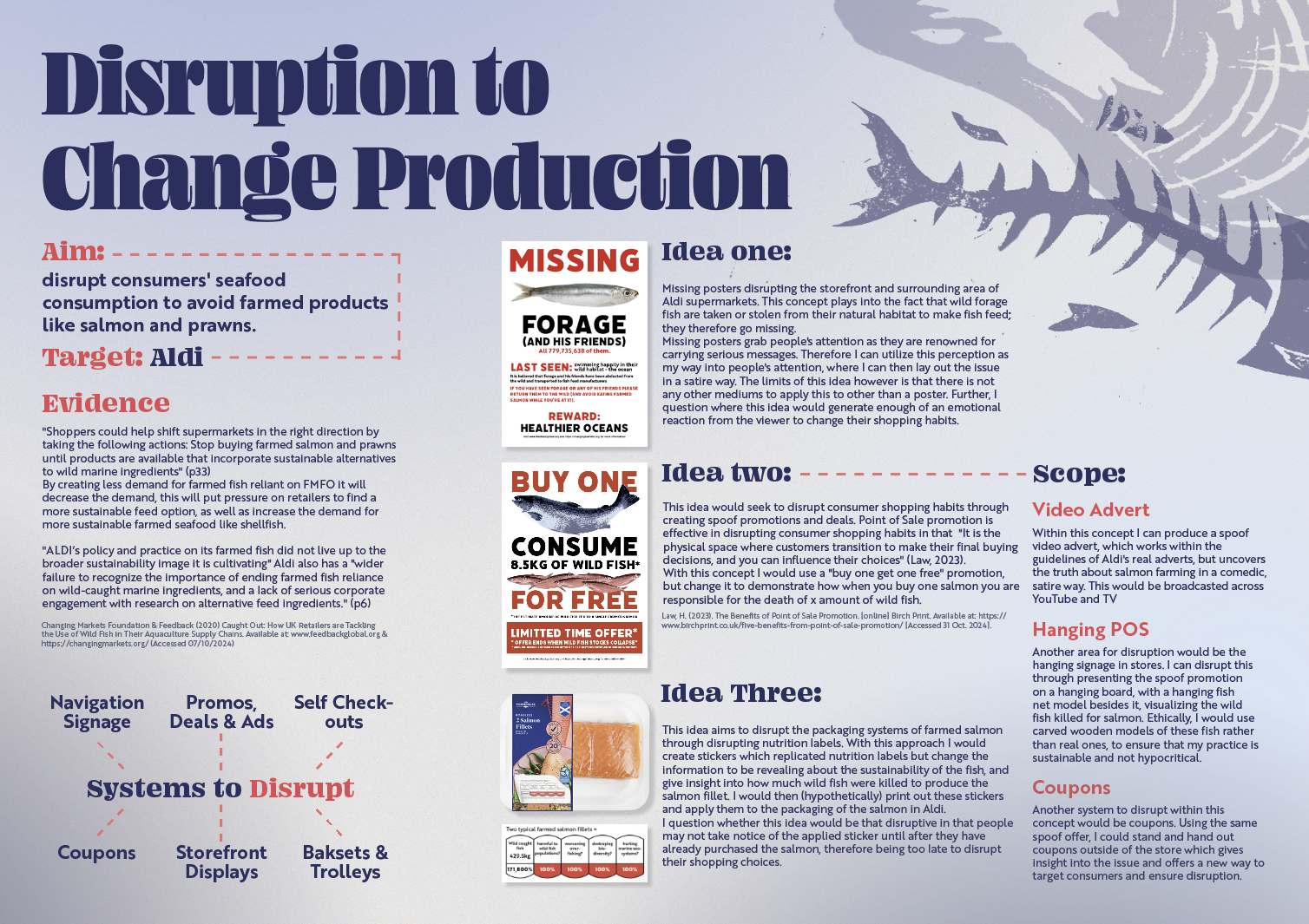



The second part of the project required us to create a disruptive solution to the same issue previously identified. To do this, I looked into which supermarket ranks the worst for their transparency and sustainability around the production of their farmed fish, which I found out to be Aldi. I then created spoof promotional material within Aldi's brand identity which disrupted consumers shopping experience and alerted them to the wild fish they are consuming when they buy farmed salmon. I explored opportunities of hactivism and storefront projection and a means of disruption.







